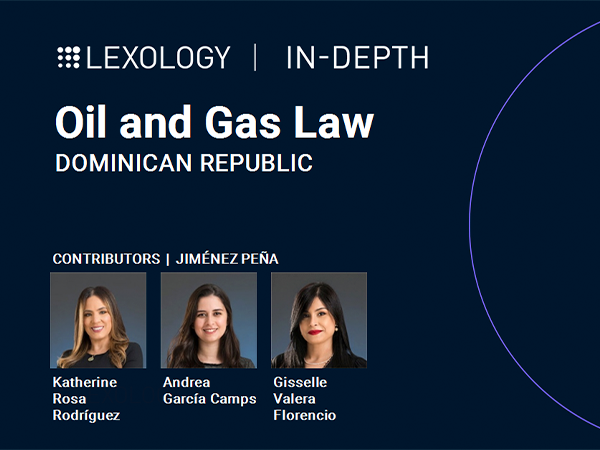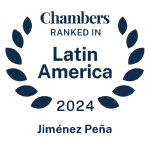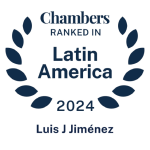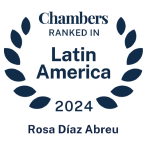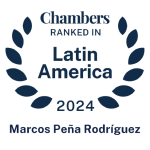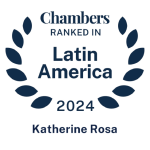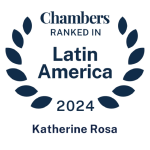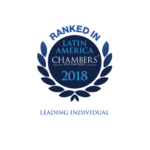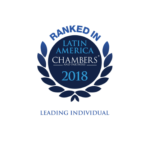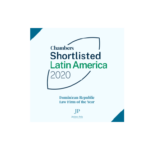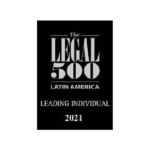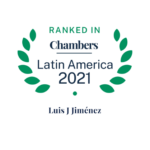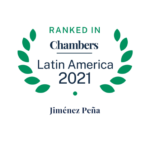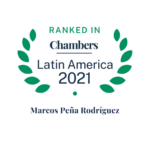Download full article here (page 92)
Introduction
The Dominican Republic is considered a frontier region with promising potential for the upstream oil and gas industry, mainly because of its geological setting and the long-known presence of crude in the subsoil. Despite this opportunity, historically the country has seen little or no activity in the exploration and production hydrocarbons sector.
Although the exact amount of national oil reserves remains unknown (and production has not yet started), there are currently four frontier basins of interest in the Dominican Republic: the Cibao Basin, the Enriquillo Basin, the Azua Basin and the San Pedro de Macorís Basin.2
Now, having successfully concluded its first licensing round for oil and gas in November 2019 with the award of a production sharing contract (PSC) to a US multinational corporation, and the start of the studying phase in December 2022 for the second licensing round with the award of a technical evaluation contract for the performance of geochemical studies to a United Arab Emirates corporation, the government hopes to continue to entice key investors to this incipient market and to build on this effort through the launch of successive licensing rounds, and by providing flexible contract terms and guarantees, favourable fiscal terms, and a solid legal framework and policy for the development of upstream activities.
These licensing rounds are part of the country’s National Development Strategy for 2030, established by Law 1-12, dated 25 January 2012, which aims to develop a coherent and sustained strategy for short-, medium- and long-term onshore and offshore oil exploration and exploitation, while ensuring environmental sustainability.
Going forward, to retain the interest of potential investors and drive the growth of the Dominican upstream oil and gas market, it will be critical that the state continues to provide attractive contractual terms, along with a stable, robust and transparent set of rules applicable to the upcoming public tender processes. Moreover, investors will closely observe the performance of the PSC awarded in the first licensing round, as well as the results of the geochemical studies awarded for the second licensing round, and will likely use it as a reference point to shape their own outlook as to the progress and maturity of the industry.
Legan and Regulatory Framework
The 2015 Dominican Constitution provides in its Article 14 that the non-renewable natural resources in the territory and maritime spaces under national jurisdiction are a patrimony of the nation. Furthermore, Article 17 of the Constitution establishes that mining and hydrocarbon deposits and, in general, non-renewable natural resources may be explored and exploited only by private parties, under sustainable environmental criteria, by virtue of concessions, contracts, licences, permits or quotas, under the conditions determined by law. The exploration and exploitation of hydrocarbons in the national territory and in maritime.

